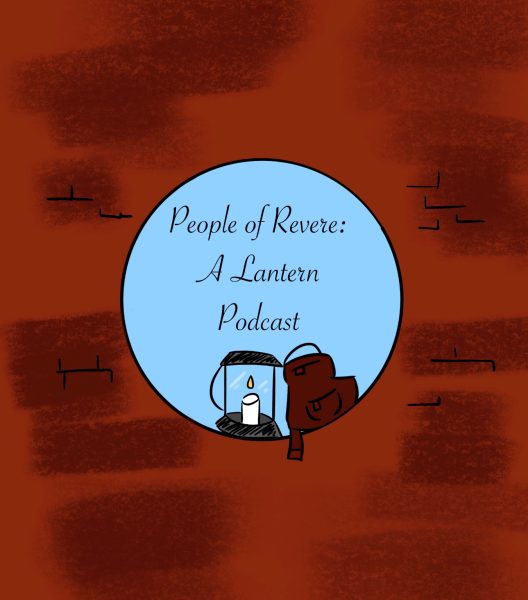eBook popularity stalls in favor of print publications

When I was a little girl, I spent most of my time eagerly entertained amidst the pages of a book. Each newly discovered piece would remain firmly cemented in my grasp until finished (multiple times) or forcibly confiscated; it was not uncommon to see a short, two-legged book stack wandering the Cross household in search of the comfiest reading nook. Current advances in technology, however, have now replaced the tangible books of my childhood with cell phones and tablets. Electronic books (commonly known as eBooks) have now rendered well-loved novels and weighty tomes obsolete – or so one would think.
In reality, the two forms of media seem to have reached a stalemate. According to GeekWire.com writer Frank Catalano, eBook purchases only constitute about one-fourth of total book sales in the U.S. We now live in a primarily technology-dependent society, so what is causing this comparative cyber-flop within the world of literature?
Diminished use could result in part from a distinct lack of efficiency from product and reader alike. A 2014 European study cited by Medical Daily found that those who read the eBook version of a story on a tablet were less likely to accurately recall the plot of a story than those who utilized a printed version. Furthermore, the numerous functions, notifications and advertisements of modern technology can easily distract users from the story they are attempting to read. These disturbances could easily lead to one of the reader’s worst adversaries, that most irritating of all literary interferences: “Which line was I on, again?”
In addition, recent evidence has shown that eBooks can potentially damage a reader’s health. According to a study conducted by Harvard Medical School in 2014, the direct light emitted by most e-readers causes a decrease in users’ production of melatonin, a hormone necessary for sleep. In turn, sleep deprivation has been known to increase one’s risk of developing more serious medical conditions, such as heart disease and diabetes.
Electronic literature is not without its merits, however. One unique quality that distinguishes eBooks from their bulkier print equivalents is the ease with which they can be accessed, stored and transported. Given my – ahem – petite stature, carrying around one or more large books usually constitutes a significant workout, and not unlike my negligible height, that is something that has not changed much throughout the years. No matter one’s size or strength, hauling an entire print library around on the off chance that one finds the opportunity or desire to sit down and read something is hardly practical. Those who travel often may find storing and downloading their titles via the Cloud to be a more feasible and convenient option.
As in all things, moderation is key; eBooks should not hurt the tech-savvy readers that prefer them so long as said readers exercise some measure of common sense. Though I do own a tablet and have used eBooks in the past, I will always prefer their tangible counterparts. Print books have always sparked my excitement as no screen ever could; entrancing the mind, ensnaring the senses and inspiring one’s imagination to pursue untamed possibilities amidst distant horizons. So should there ever come a day in which I seem to evade all means of contact or socialization, don’t worry; chances are, one will find me avoiding Ohio’s inclement climate by curling up on my recliner with a fluffy blanket, a steaming cup of hot chocolate and a good book – pages and all.







